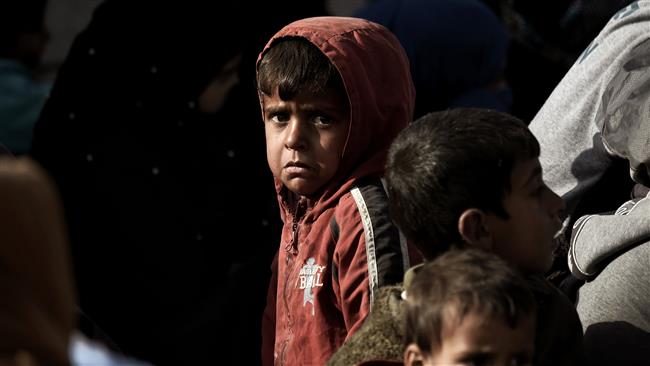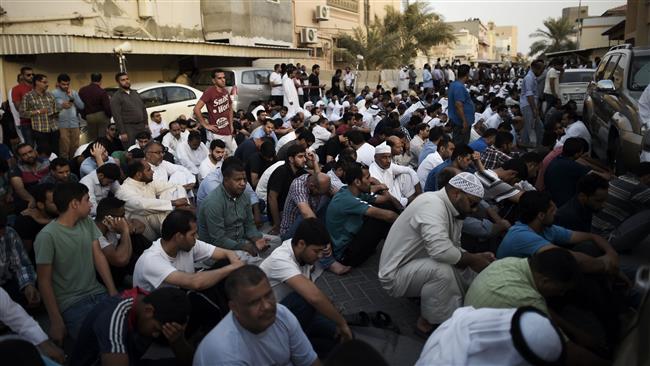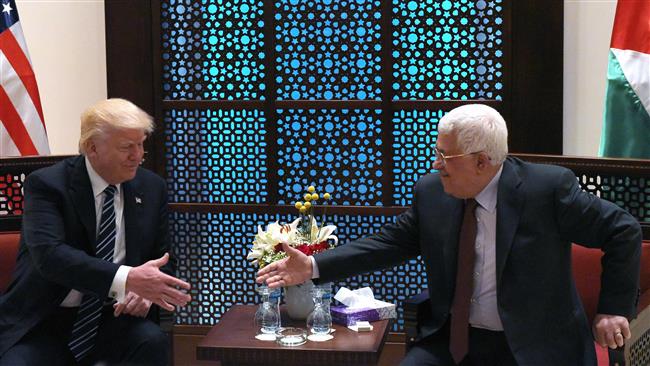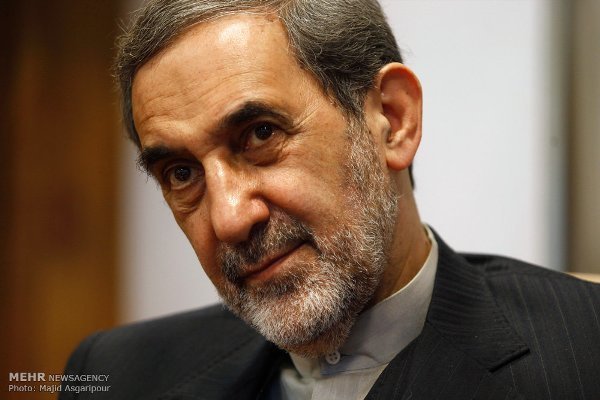Hungary to build new ‘barrier’ against refugees
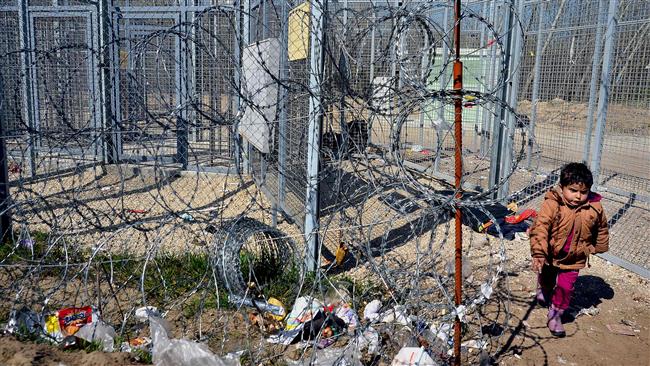

Hungary says it is set to build a second “massive barrier” on its southern border and increase the number of “border hunters” in an attempt to keep out any possible fresh surge of refugees, almost a year after it erected a razor-wire fence to curb the influx of asylum seekers.
“Technical planning is under way to erect a massive defense system, with the most modern technical equipment, next to the existing line of defense which was built quickly [last year],” said Hungarian Prime Minister Viktor Orban during an interview on public radio on Friday, adding that the new barrier would be “capable of stopping several hundreds of thousands” of refugees.
Orban (seen below), who had previously referred to refugees as “poison”, went on to say that police presence would also be mounted to 47,000 from 44,000.

“The border cannot be defended with flowers and cuddly toys, the border can be defended with police, soldiers and weapons,” he further said, adding that the country would “defend” its borders, which he dubbed “the gates of Europe.”
He also claimed that refugees would damage Europe’s security and pose a “threat” to people and bring “terrorism” to the continent.
Orban, however, did not give further details on when construction would start.
Last year, Budapest built a four-meter (13-foot)-high wall, consisting of three rolls of razor wire, along 523 kilometers (325 miles) of its southern frontiers with Serbia and Croatia.
In practice, the barrier has greatly slowed the flow of refugees entering Hungary, though most of them only wanted to pass through the country and reach Germany, their ideal destination.

According to official figures, some 400,000 refugees crossed the country last year, but less than 18,000 have managed to enter Hungary in 2016.
Last month, Human Rights Watch censured Hungary for its “cruel and violent treatment” of refugees before forcing them to return to Serbia.

Europe has been facing an unprecedented influx of refugees, most of whom are fleeing conflict zones in North Africa and the Middle East, particularly Syria. Last year alone, well over a million refugees made their way into the continent.
Many blame major European powers for the exodus, saying their policies have led to a surge in terrorism and conflicts in the Middle East.
